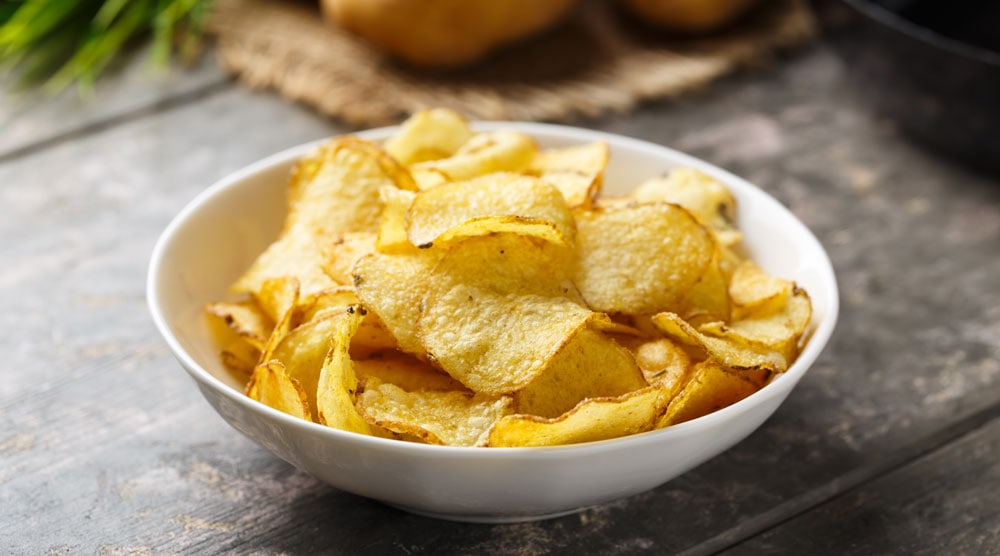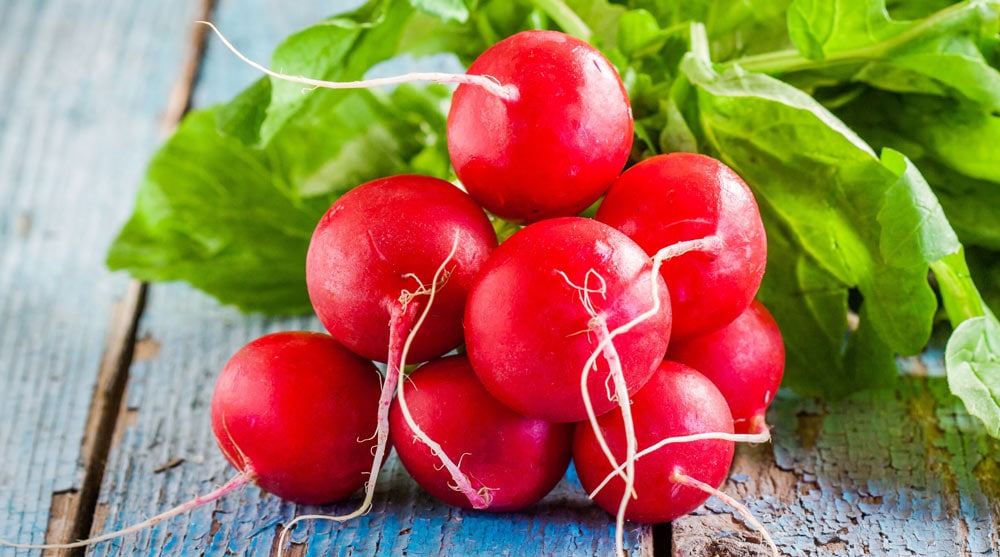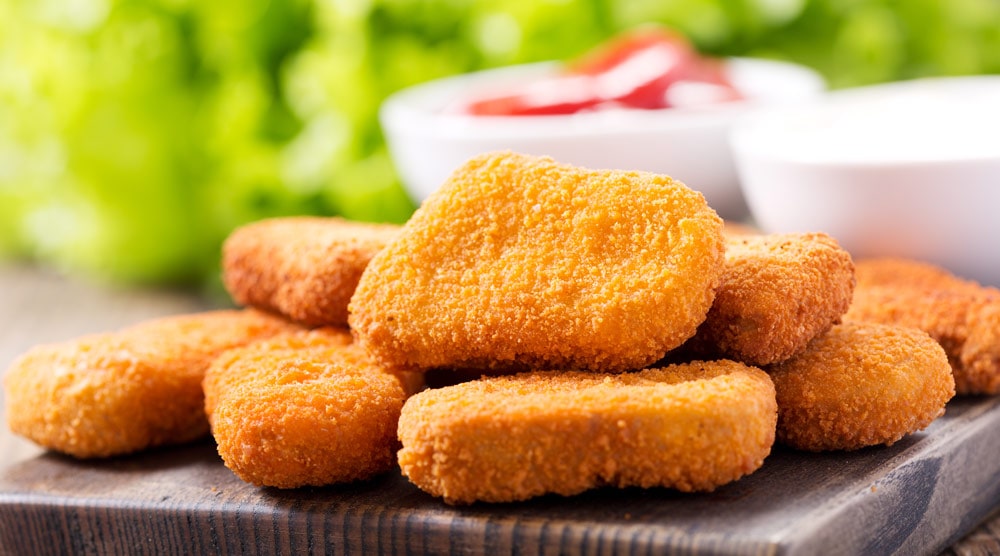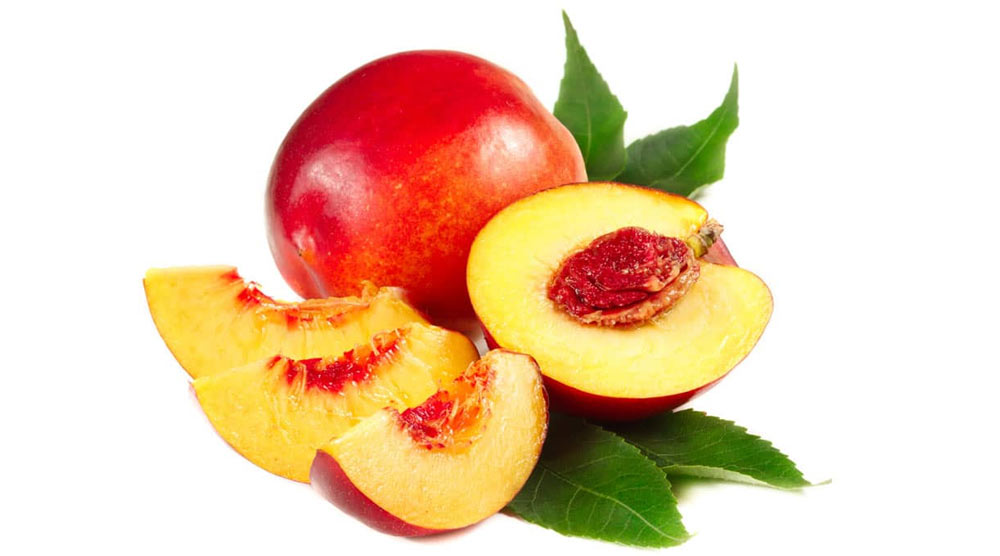Salt and vinegar chips may be your favorite snack food, but are they safe to share with your dog? Keep reading to find out.
Contents
Salt and vinegar chips aren’t toxic. However, the high salt and fat content could be dangerous for your dog. Let’s take a closer look at why this is the case.
Why Dogs Shouldn’t Eat Salt and Vinegar Potato Chips
Dogs shouldn’t eat salt and vinegar chips. Potatoes aren’t toxic to dogs, but the high levels of salt and fat can cause health issues such as high blood pressure, salt poisoning, and pancreatitis.
There’s nothing dangerous about salt and healthy fats when eaten in the right quantities. However, a balanced and nutritionally complete dog food already contains the nutrients your dog needs.
This includes healthy amounts of sodium and fat. Since these are already accounted for in your dog’s food, it doesn’t take much to exceed safe levels – especially with foods that are high in salt and fat (such as salt and vinegar chips!)
Too Much Salt Can Cause Salt Poisoning
As we mentioned earlier, a small amount of sodium is an essential part of a balanced canine diet. However, eating too much sodium risks salt poisoning, which can be toxic or even fatal to your dog.
For most adult dogs, 100 mg of sodium per 100 calories is the minimum needed. However, a typical pack of salt and vinegar chips contains 137 mg of sodium per 100 calories. You can see how even a partial serving could be too much for your dog – especially in addition to their regular food.
Salt poisoning can cause serious symptoms, including:
- Vomiting
- Diarrhea
- Lethargy
- Disorientation
- Seizures or tremors
- Shortness of breath
If your dog is suffering from sodium poisoning, you will typically see symptoms within a few hours of ingestion. Contact your vet if you think your dog has ingested too much salt or is showing signs of sodium poisoning.
Tip: Some dogs with health problems, such as heart disease, may need to be on a lower-sodium diet. Consult your vet to make sure your dog’s diet is suitable for their health needs.
Too Much Fat Can Cause Pancreatitis
Healthy fats are another important part of a dog’s diet. However, consuming too much fat can cause pancreatitis, which is a serious condition involving inflammation of the pancreas.
Any food containing more than 20% fat is considered to be high-fat for a dog. Salt and vinegar chips contain over 35% fat, making them unhealthy and a potential trigger of acute pancreatitis.
Some of the symptoms of acute pancreatitis include:
- Loss of appetite
- Abdominal pain
- Acute lethargy
- Diarrhea
- Persistent vomiting
- Dehydration
- Won’t lie down
The earlier pancreatitis is diagnosed and treated, the better the chance of recovery. So, if you think your dog might be suffering from pancreatitis, contact your vet immediately.
Note: Dogs can also develop chronic pancreatitis. This can be caused by a variety of factors, but is more likely in dogs who have suffered from acute pancreatitis.
Can Salt and Vinegar Chips Kill a Dog?
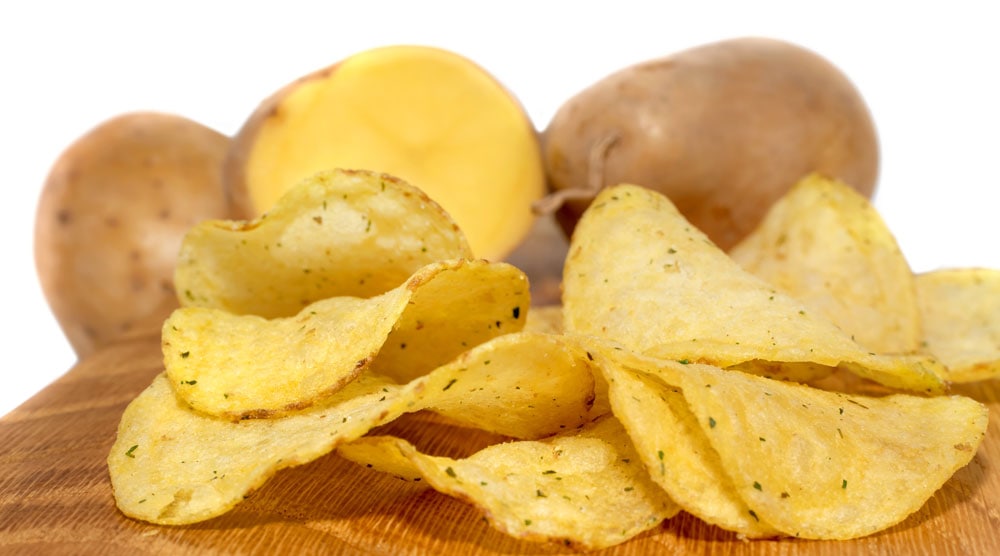
A dog who snatches one or two salt and vinegar chips is unlikely to be seriously ill.
However, it’s important to remember that dogs can tolerate much lower levels of salt and fat than humans. What may seem like “just a handful” of chips could actually risk long-term health consequences.
Keep in mind that sodium poisoning and pancreatitis can both be fatal to your dog, especially if left untreated. If you have any doubts about your dog’s health, you should always contact a vet immediately.
Can Dogs Eat Other Foods With Vinegar?
Vinegar is not toxic to dogs and can be consumed in small amounts. The risks associated with eating salt and vinegar potato chips come from the high salt and fat content, not the vinegar.
There are even potential health benefits to your dog consuming vinegar in small doses. But, as with all foods, vinegar should be ingested in moderation. You should consult your vet before adding it to your dog’s diet.
Can Dogs Eat Salt and Vinegar Rice Cakes?
It’s probably safe for your dog to eat an occasional plain rice cake. Small amounts of rice can be a good source of fiber, vitamins, calcium, and iron – although too many rice cakes can lead to an upset stomach.
You should avoid feeding your dog flavored rice cakes though.
In the case of salt and vinegar rice cakes, the high sodium content can be unhealthy (or even dangerous) for your dog.
Flavored rice cakes can also include additives such as garlic, onion powder, chocolate, dairy, and sugar. These are all ingredients that you should avoid feeding your dog.
Summary
While it’s tempting to share snacks with your pup, salt and vinegar chips are not safe for a dog to eat.
Salt and vinegar chips typically aren’t toxic. However, the high fat and salt content can cause serious health issues.
Do you have any questions about whether dogs can eat salt and vinegar crisps? If so, please use the comments form below.
